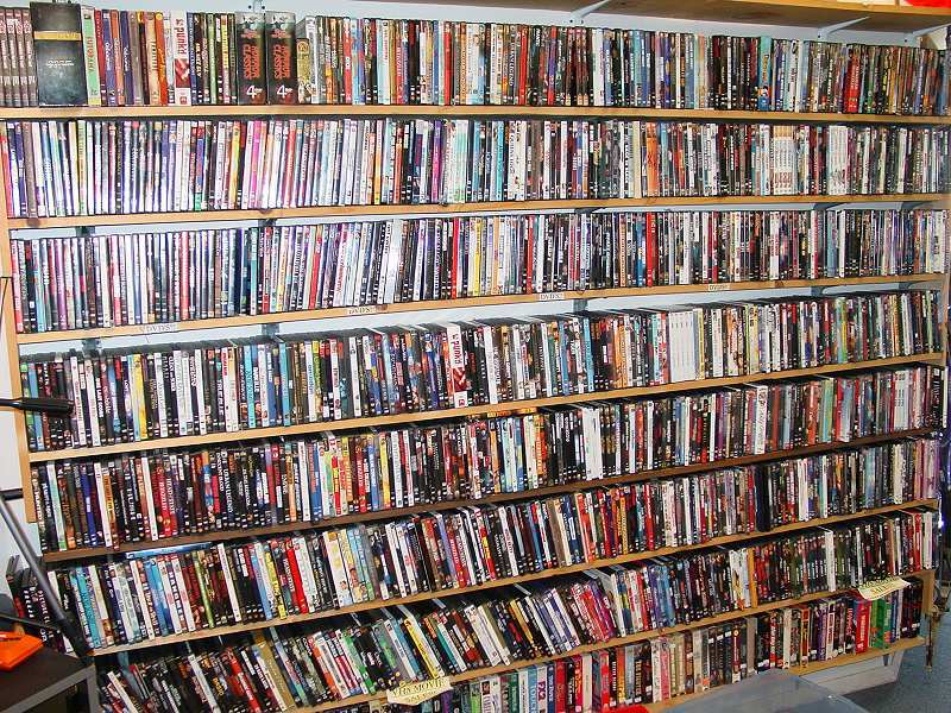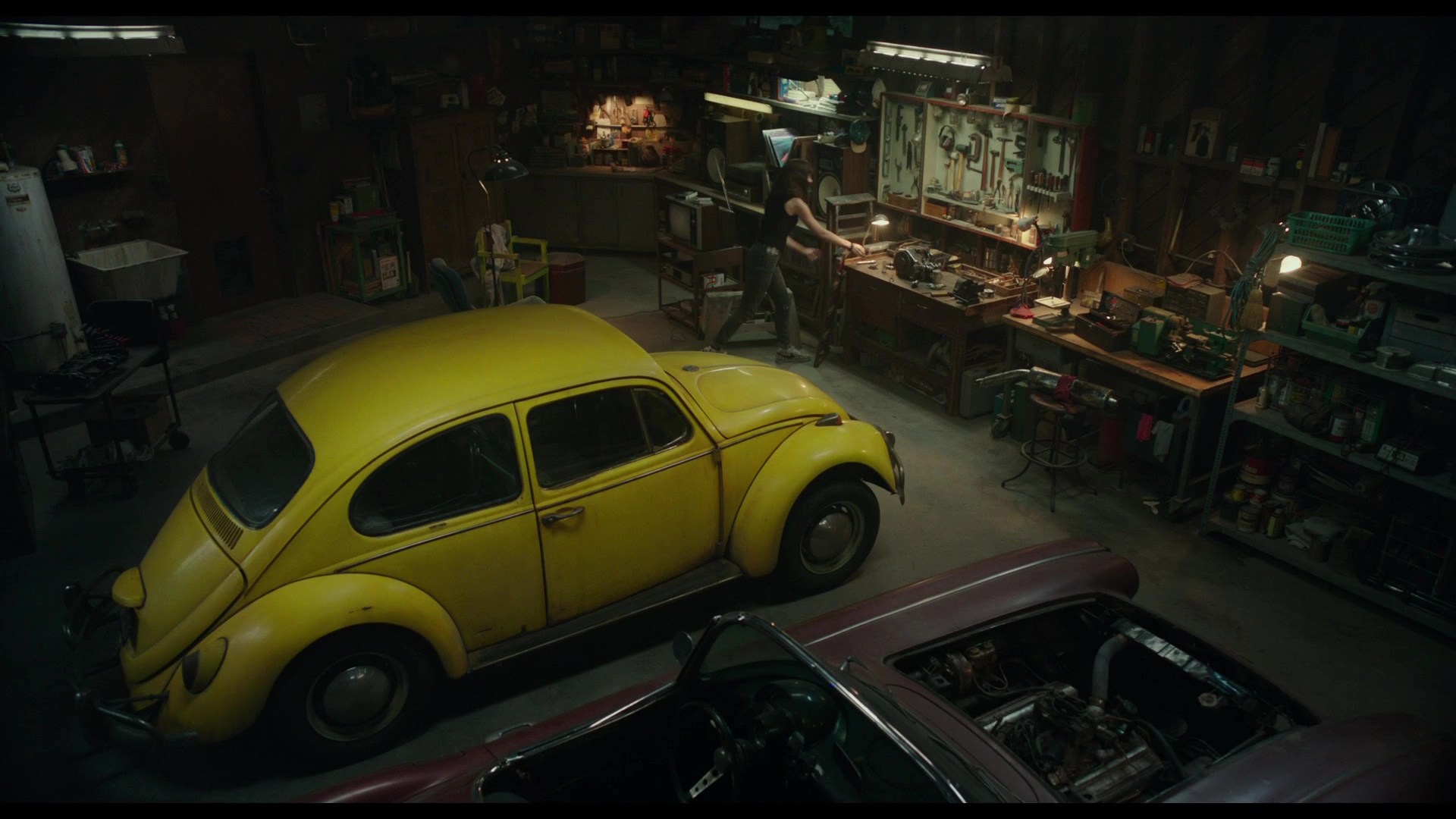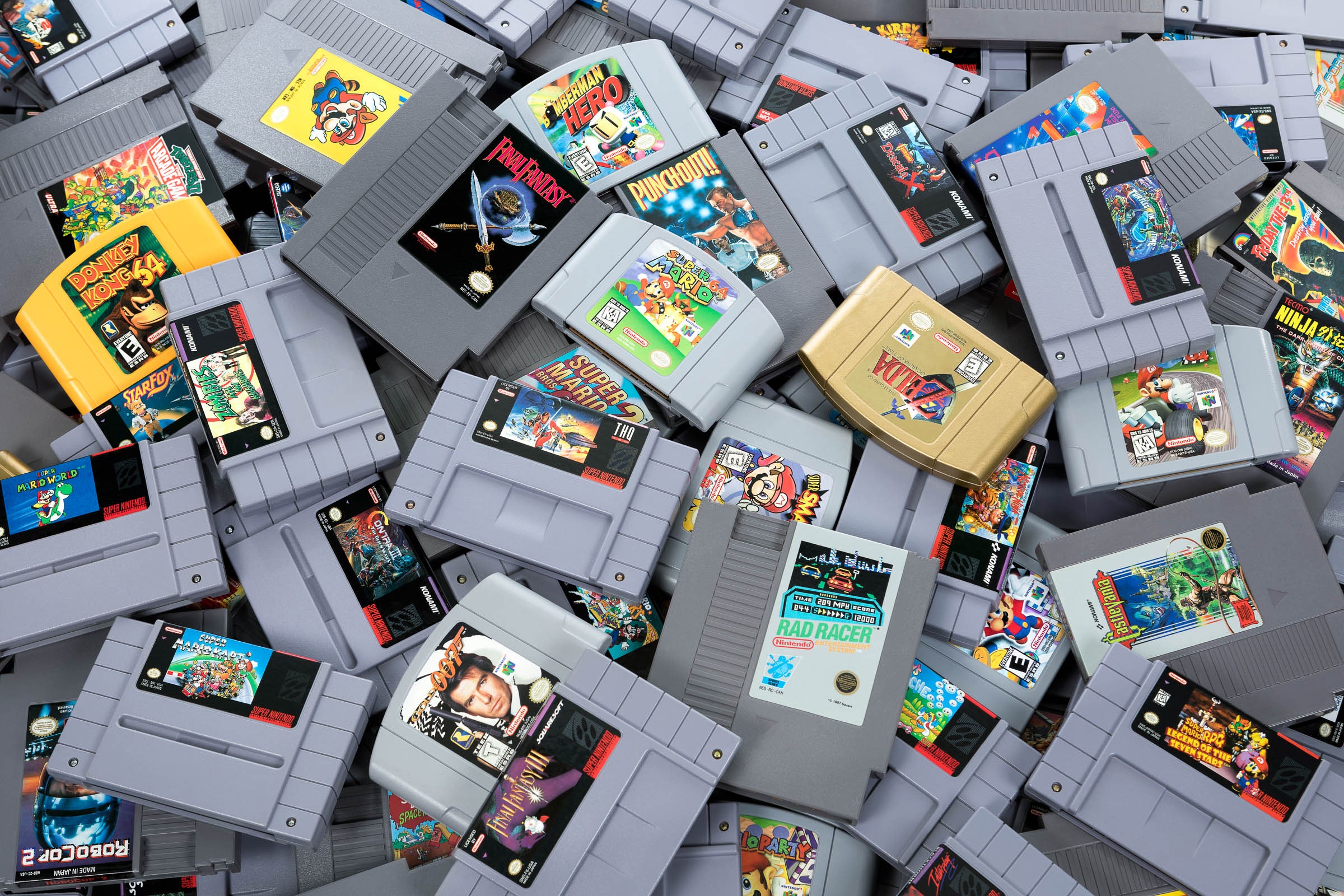As we welcome in a new decade there are many things we are told about the last one. Fashion, Geography, Politics – all consigned to history – as the record books are officially written about the last 10 years. On social media, people posted photographs of themselves in 2009 compared to 2019 and commented on how much they might have changed and what they might have learned in the process.
One comment, however, which didn’t get as much attention was that DVD was to become officially extinct. The roaring 20’s would, it seems, not be done in the company of digital versitile disc. In a 2010 article from Live Science the DVD Player was officially placed on a list of the 10 most likely technologies to be extint by the end of the decade – with Fax Machines, Beepers and even Credit Cards also making the cut.
According to CNBC in November 2019, DVD Sales have declined more than 86% since the same time 2008. Even if these figures are just for the US, that in itself is a remarkable figure, proving that whilst you’re always likely to see DVD around (in a friends basement, in HMV on reduction, in a charity store) it’s unlikely the format will have any sort of Vinyl type revival.
Dead formats such as Cassette, VHS and Mini Disc have seen a small revival online in recent years – with some companies and organisations offering limited runs of, for example, a classic movie in the VHS format for subscribers through a pledge site. But the facts speak for themselves, as the same CNBC article quotes a staggering 1,231% rise in streaming sales since 2011; which an estimated annual turnover of $12.9 Billion. And this is set to rise further.
Even Blu Ray, which launched in 2006, could struggle to survive – as consumers decide to recieve their content from streaming. Hulu, Disney and Netflix are just some that lead the charge – whilst retailers left in the UK like CEX and HMV have an increasing selection of 50p DVD’s taking up an incredible amount of space. If these products were to be removed, and this space taken from shelves, retailers would then either look for smaller units in which to trade or need to cease trading altogether.
And it’s not just video formats, as gaming is effected. Personally I have several friends who only purchase games digitally, and do not buy physical formats, believing that such things are a waste of money – especially considering sales prices regularly available on PlayStation or Microsoft online store. Recently, Microsoft have launched a disc less X Box One, which the next generation of their console (X Box Two) speculated to contain a disc and disc-less version. In the age of micro consoles, it is also now possible to buy a gaming system which comes without physical hardware.
While it used to be about owning these properties, gathering large amounts of media and building a huge collection; nowadays, it would seem less is more, with a minimalist lifestyle now attempting to convince us that we don’t even need to own the film. I’ve spoken before about this phenomenon in music, how not owning a single physical album from a band doesn’t mean you’re not a hardcore fan – particularly if you’re attending their concerts and wearing their shirts.
Ultimately, it would appear there are more ways than ever to spend your money on…nothing.






Recent Comments: